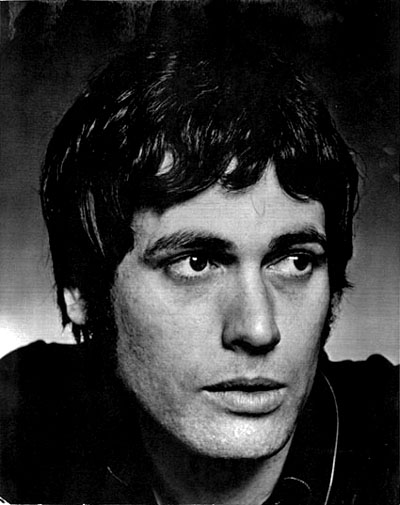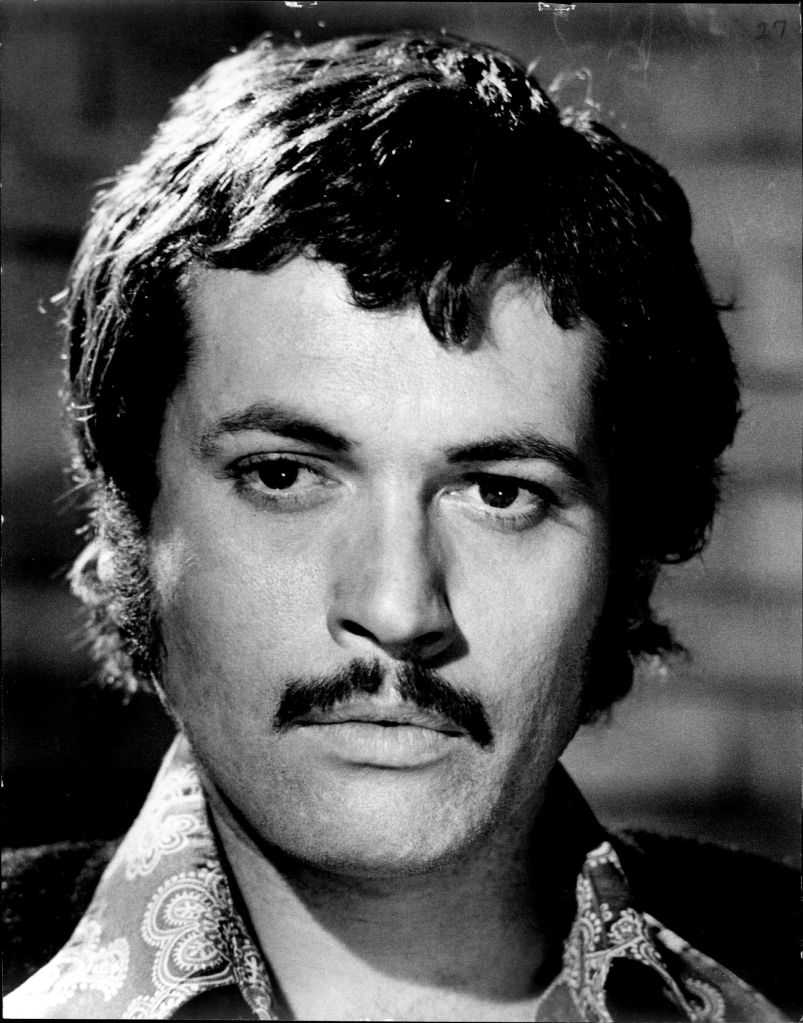Jon Finch (Jon Finch)

After performing in amateur theatre groups and singing in a folk group, Jon Finch did his National Service (National Service had been abolished at this time-) in The Parachute Regiment and stayed on as a member of the SAS Reserve Regiment, training at weekends and several nights a week. He resigned from the military as his acting commitments became more demanding and stated he was relieved to not have to go to Borneo during the Indonesian Confrontation. In the early phase of his career Finch appeared in episodes of Z Cars in 1967 and 1968, and was the lead character Simon King in the BBC science fiction series Counterstrike, one of the last BBC drama series made in black and white. One of the ten episodes made was never screened, owing to the broadcast in its place of a documentary about the Kray Twins when they were jailed. He also appeared in two Hammer Films productions, The Vampire Lovers (1970) and The Horror of Frankenstein (1970). In 1971 he was to have played the role of the Aboriginal Detective Inspector Bonaparte (“Boney”); however he withdrew after being offered the lead in Hitchcock’s Frenzy. Jon Finch’s highest-profile roles were the lead in Roman Polanski’s 1971 version of Shakespeare’s Macbeth and in 1972, as a down-on-his-luck, ex-RAF pilot falsely imprisoned for murder in Alfred Hitchcock’s penultimate film Frenzy. Jon Finch also starred in Lady Caroline Lamb (1972) and The Final Programme (1973) (in which he played Michael Moorcock’s secret agent Jerry Cornelius). He went on in 1975 to play the title role in a BBC/ABC joint production series about Australia’s first outlawed bushranger, Ben Hall.
Jon Finch was offered the role of James Bond in Live and Let Die (1973), but he declined the part and it went to Roger Moore. He also declined a role in Richard Lester’s The Three Musketeers (1973). In 1977 Finch was the original choice for the role of “Doyle” taken by Martin Shaw in the British television series The Professionals (Shaw previously had played Banquo to Finch’s Macbeth in Polanski’s film). He pulled out at the last minute, claiming that he “couldn’t possibly play a policeman”. During 1978 and 1979 Finch played the role of Henry Bolingbroke in the BBC Television Shakespeare productions of Richard II, Henry IV, Part I and Henry IV, Part II, which also featured Derek Jacobi, John Gielgud, David Gwillim and Anthony Quayle in principal roles. At the end of the decade, Finch’s roles in films included Death on the Nile (1978). He was cast as Kane in Ridley Scott’s Alien (1979), but had to drop out on the second day of filming because of a severe diabetic episode; John Hurt was cast in his place.
In 1980 Jon Finch appeared in Breaking Glass, and in 1981 he played “Luke the Evangelist” in the television film Peter and Paul, which featured Robert Foxworth and Anthony Hopkins in the title roles. In 1984 he was Don Pedro in the BBC’s Much Ado About Nothing. Also on stage, he was the man inside the bandages in Ken Hill’s 1991 production of The Invisible Man at the Theatre Royal, Stratford East. Occasional film roles include an appearance in Darklands (1997) and a small role as the Catholic Patriarch of Jerusalem in the Ridley Scott film Kingdom of Heaven (2005). Jon Finch’s body was discovered in his flat in Hastings, East Sussex on 28 December 2012, after friends and family had become concerned for his welfare. He was 70 years old.
Born
- March, 02, 1942
- United Kingdom
- Caterham, Surrey, England
Died
- December, 28, 2012
- United Kingdom
- Hastings, East Sussex, England
Cemetery
- All Saints Churchyard
- Hastings, East Sussex, England
- United Kingdom


